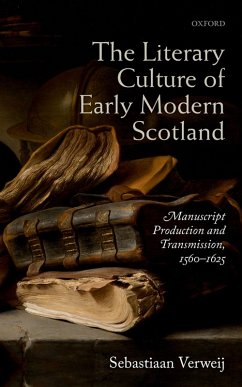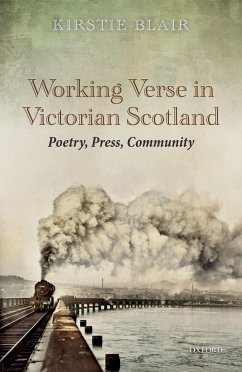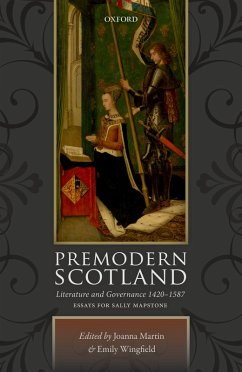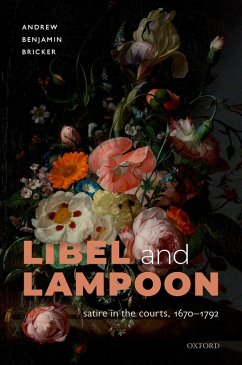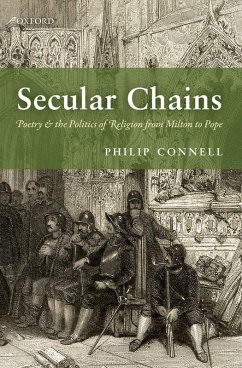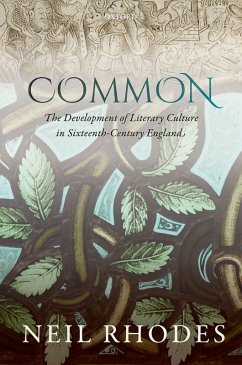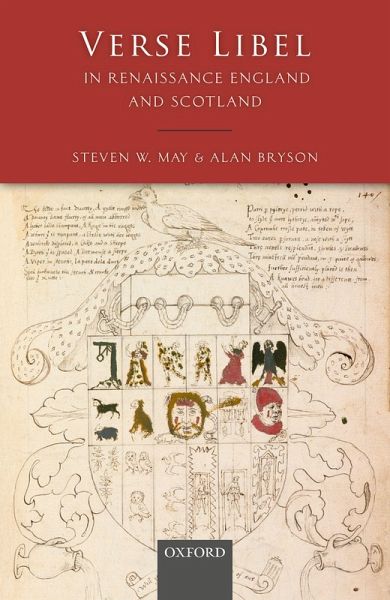
Verse Libel in Renaissance England and Scotland (eBook, PDF)

PAYBACK Punkte
21 °P sammeln!
In Renaissance England and Scotland, verse libel was no mere sub-division of verse satire but a fully-developed, widely-read poetic genre in its own right. This fact has been hidden from literary historians by the nature of the genre itself: defamation was rigorously prosecuted by state and local authorities throughout the period. Thus most (but not all) libelling, in verse or prose, was confined to manuscript circulation. This comprehensive survey of the genre identifies all sixteenth-century verse libel texts, printed and transcribed. It makes fifty-two of the least familiar of these poems a...
In Renaissance England and Scotland, verse libel was no mere sub-division of verse satire but a fully-developed, widely-read poetic genre in its own right. This fact has been hidden from literary historians by the nature of the genre itself: defamation was rigorously prosecuted by state and local authorities throughout the period. Thus most (but not all) libelling, in verse or prose, was confined to manuscript circulation. This comprehensive survey of the genre identifies all sixteenth-century verse libel texts, printed and transcribed. It makes fifty-two of the least familiar of these poems accessible for further study by providing critical texts with glosses and explanatory notes. In reconstructing the contexts of these poems, we identify a number of the libellers, their targets, the circumstances of attack, and the workings of the scribal networks that disseminated many of them over wide areas, often for decades. The book's concentration on poems restricted to manuscript circulation throws substantial new light on the nature of Renaissance scribal culture. As poetic technicians, its practitioners were among the age's most experimental and creative. They produced some of the most popular, widely read works of their age and beyond, while their output established the foundation upon which the seventeenth-century tradition of verse libel developed organically.
Dieser Download kann aus rechtlichen Gründen nur mit Rechnungsadresse in A, B, BG, CY, CZ, D, DK, EW, E, FIN, F, GR, HR, H, IRL, I, LT, L, LR, M, NL, PL, P, R, S, SLO, SK ausgeliefert werden.





